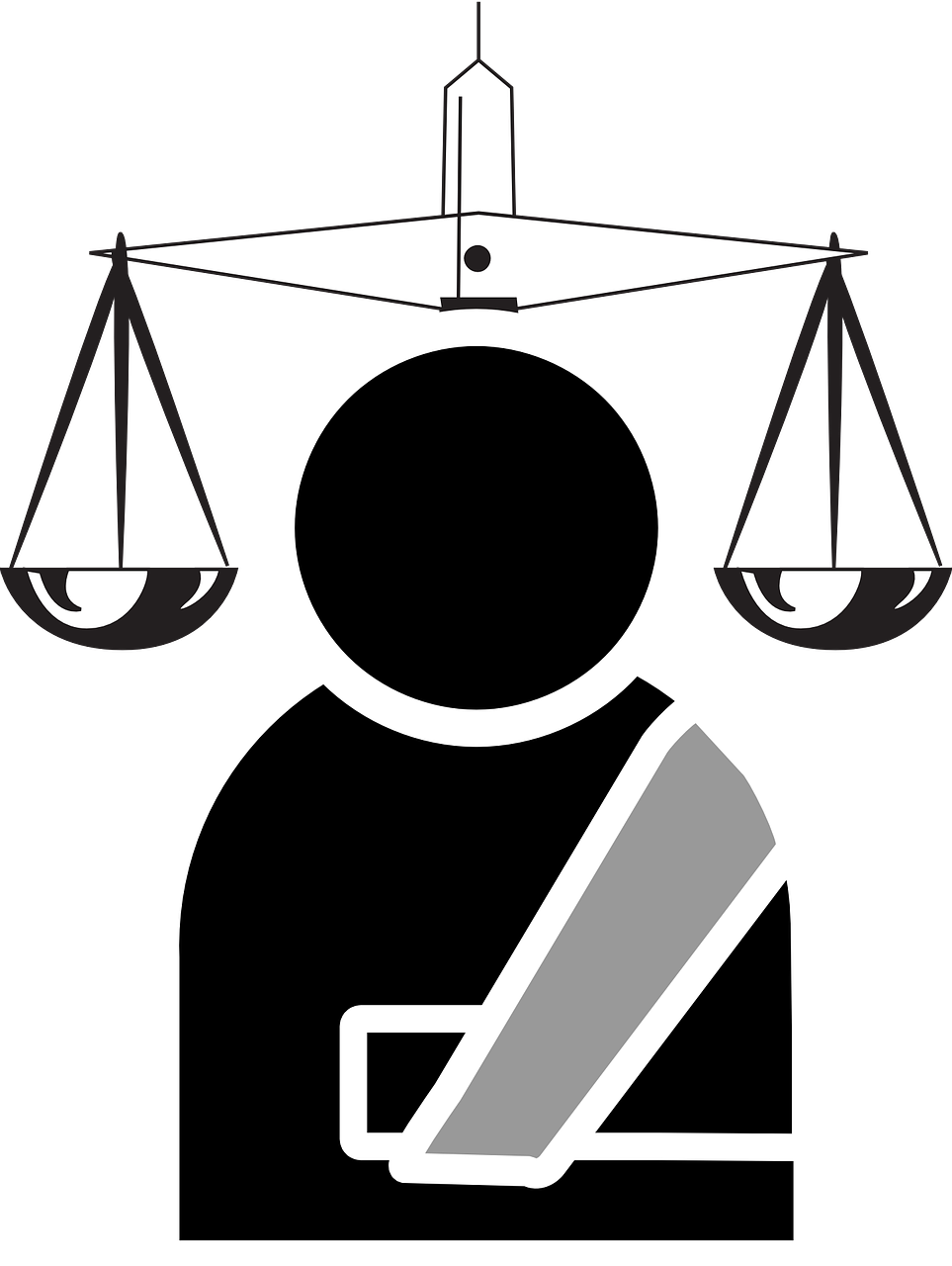
Injury is unavoidable in life. There are many situations where it’s no one’s fault in particular, because the injury happened due to objective reasons. In such situations, there is no legal case, but what if someone – either deliberately or unintentionally – caused that injury to you? In that case, you might have a legal claim. It’s always advisable to have a legal firm to be your representative throughout the case – a great choice would be Dolan Law Firm, PC. But there are also a few things you should know in advance.
When can you make a Legal Claim
To make a legal claim means that the injured individual is allowed to recover compensation for the injury that is caused on them. There are several aspects that comprise the entirety of the compensation – besides for the injury itself, there is compensation for medical expenses, lost wages due to the injury, and in some cases compensation because of pain, suffering, and emotional damage.
General Types of Claims
Because injuries happen frequently, there are specific types of claims that will not be dismissed.
- In the case when there’s medical malpractice, and there’s medical negligence where a medical professional, medical institution, or both, are found liable, then the source of compensation is an insurance claim or civil lawsuit.
- If you’re intentionally assaulted, then it’s a case of battery and/or assault, and the aggressor is found guilty, then the source of compensation is civil lawsuit – it’s rare that an insurance policy will cover an intentional act.
- If you slip and fall due to the property’s owner negligence, the compensation source is an insurance claim or civil lawsuit.
- If you suffer a workplace accident that did happened by chance, then there is no civil lawsuit, but the source of compensation is a Workers Compensation Claim.
Proving a Claim
In every situation, you have to prove that the legal claim is justified. That means the person making the claim has to provide evidence and compelling arguments that their claim is genuine. If the case makes it to trial, then you have to prove in front of a jury and judge that your case is true more likely than not. The likelihood of that situation is slim, but it is something worth knowing.
When it comes to the actual proving part, then you have to have evidence that successfully proves your case. For example:
- Eyewitness statements that will back up your claim, and explain how, where, and when the injury happened.
- Any relevant police report
- A record from your medical treatment that’s associated with the injury – even records from extra medical services.
- Documentation and records of time missed at work, and your income, when appropriate.
There are many more minute details that you should be aware when you want to make a legal claim for injury. The best advice and help will come from a professional, however. You shouldn’t attempt to continue a legal claim without a professional, because a lawyer specialized in injury can make all the difference whether the claim is successful or not.







